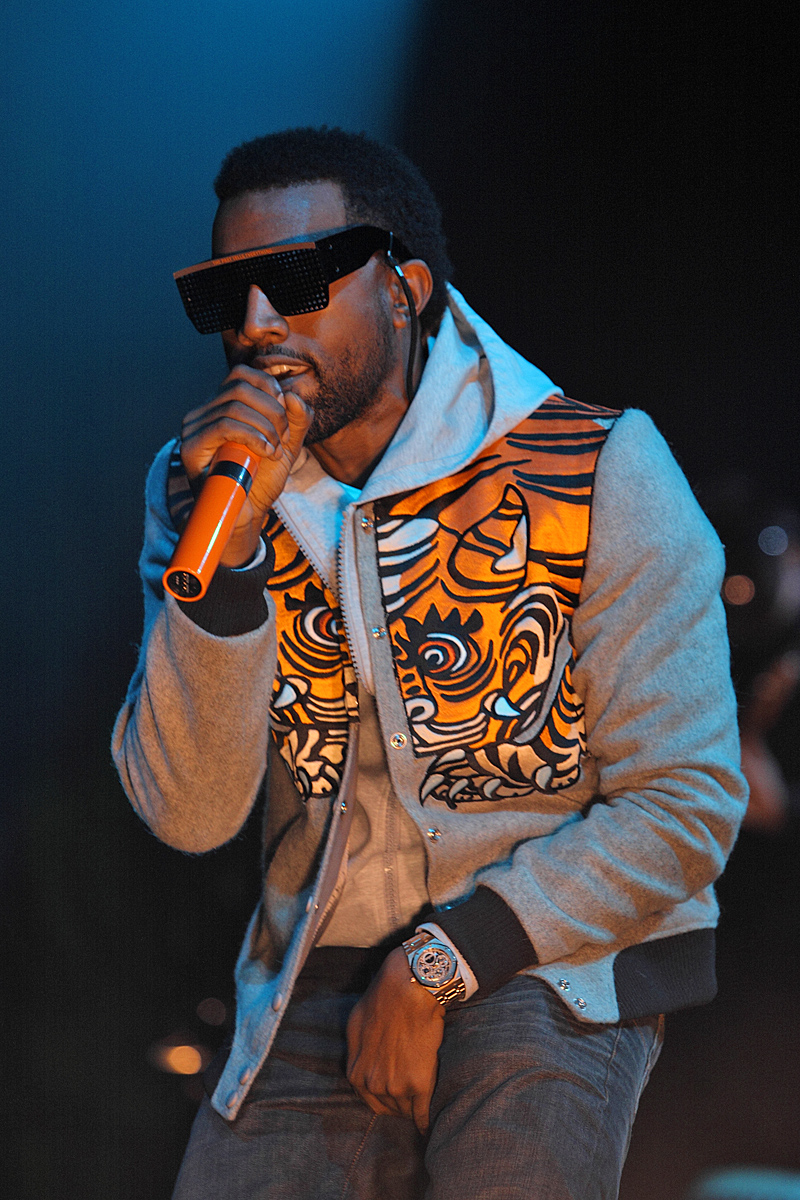 |
| 1980's Hair Band Twisted Sister in Concert / Wikimedia Commons |
Sandi
Russell, along with her sister, Nancy Hansen, are two sisters operating a small
coffee shop in Mission, Kansas. Their coffee shop's name is "Twisted
Sisters," and their domain name is www.TwistedSistersCoffeeShop.com.
Russell recently reported that she received a formal cease and desist letter
telling them to change the name because it has been trademarked by the 1980's
hair band Twisted Sister which owns and operates www.TwistedSister.com.
According
to the letter, the Twisted Sister musical group coined the name “TWISTED
SISTER” in 1973, and “the
juxtaposition of those two words never appeared prior
to the creation and adoption of the mark by the band.”
Continuously
since then, the band has had extensive media publicity and exposure of its
mark, having released at least 12 full albums and 4 DVDs since 1973 under
the TWISTED SISTER mark, which have been distributed and
sold throughout the
United States and worldwide.
Consequently,
according to its lawyers, the band’s trademark is well-established and legally
deemed "famous."
It is
true that Twisted Sister has a federally registered and incontestable federal
trademark (1,098,366) issued in 1978, but that trademark only covers:
"ENTERTAINMENT SERVICES RENDERED BY A VOCAL AND INSTRUMENTAL GROUP."
The
letter notes that the band has been successful in requiring that the Twisted
Sister Bakery in Chicago and Twisted Sister Pizza in Massachusetts change their
names.
Not
mentioned in the letter is that third parties have
apparently received numerous approved trademarks for marks using
"TWISTED SISTER" (and variants), such as for Twisted Sisters
Wine (3,443,617), Twisted Sisters clothing boutique (3,216,315), Twisted
Sisters Our Business Is Dyeing colored yarns (3,027,439) and Twisted Sista for
hair care products (3,947,150). All of those are live trademarks that
appear to have nothing to do with the band.
Therefore,
to establish even a prima facie case of trademark infringement, the
lawyers would need to plead that the coffee shop's continued use of the “Twisted Sisters” name in
connection with a small coffee shop is likely to lead to consumer confusion as
to endorsement, sponsorship or affiliation with the 1980's band.
This claim would
likely be an uphill battle from an evidentiary standpoint, and would probably require an expensive survey expert. One suspects that instances of actual confusion among consumers would be difficult to locate.
However,
assuming the trademark is indeed “famous” and worthy of legal protection under
the Federal Trademark Dilution Act, the band need only prove that the use of
the unauthorized name is likely to dilute, either through tarnishment or
blurring, the distinctive nature and fame of the band’s mark. In this
context, this claim may be easier to plead even in the absence of confusion, as there is no doubt that the Twisted
Sisters Coffee Shop likely "calls to mind" the 80's band, potentially
blurring its distinctive quality.
Faced with
the band’s demand that it change its name, the coffee shop’s owners reportedly
intend to do just that. As of today, the coffee shop's website is no longer operational.







